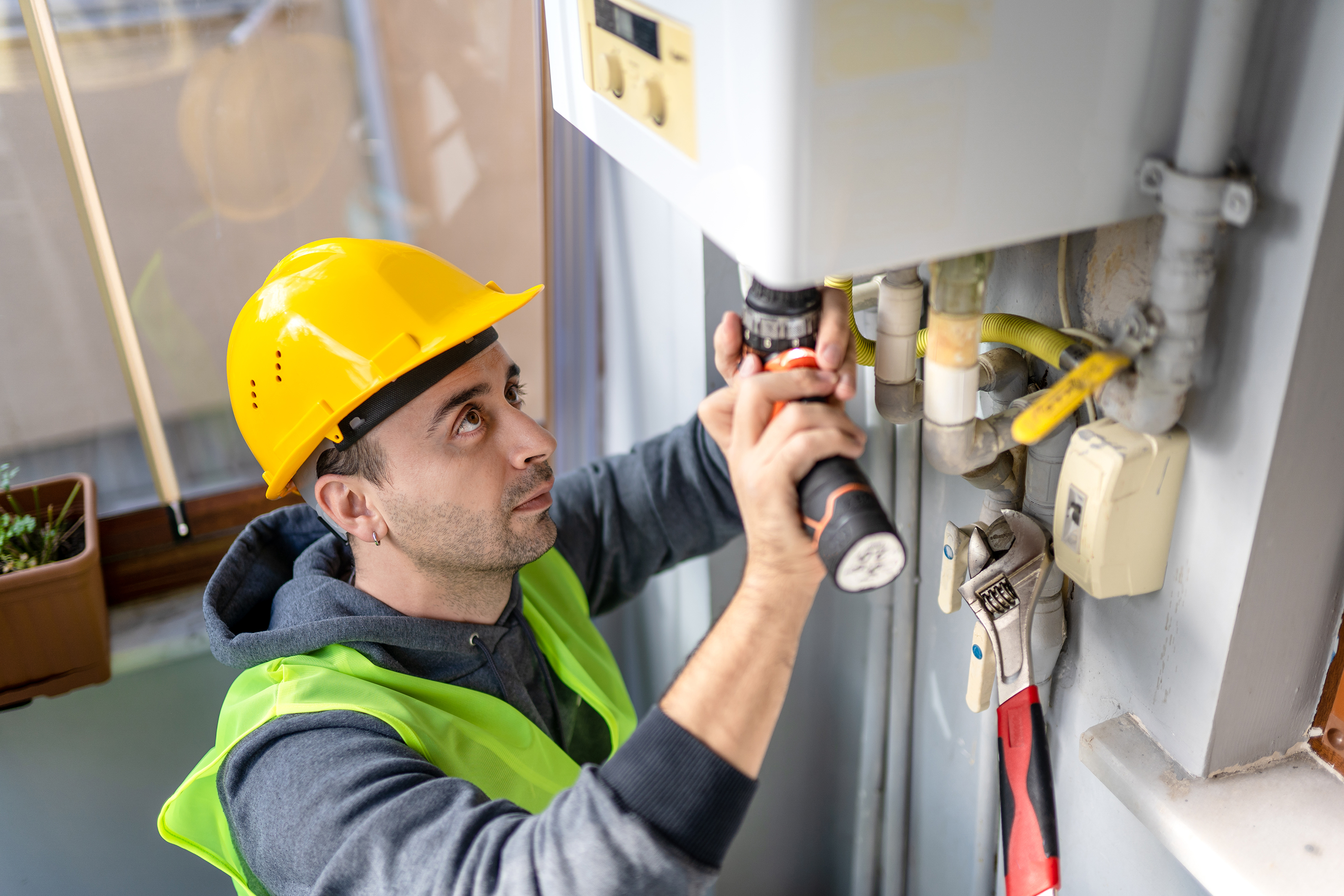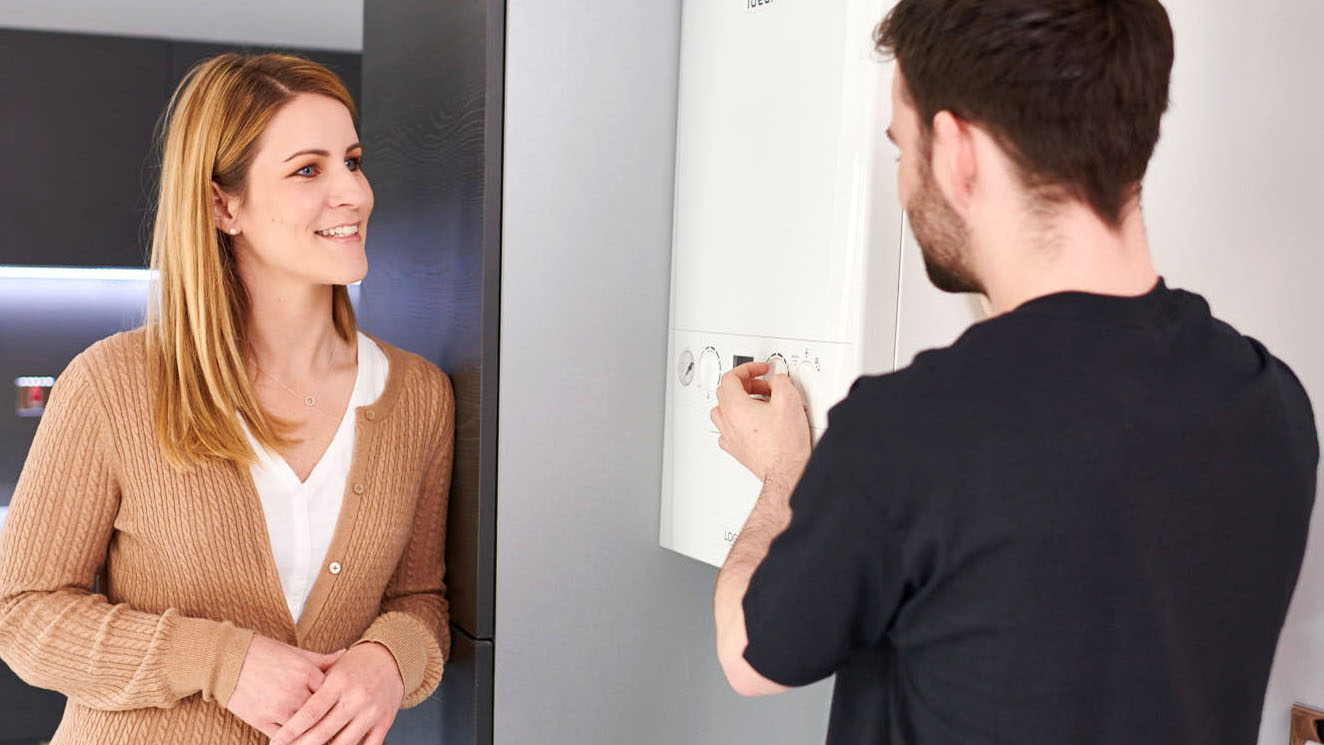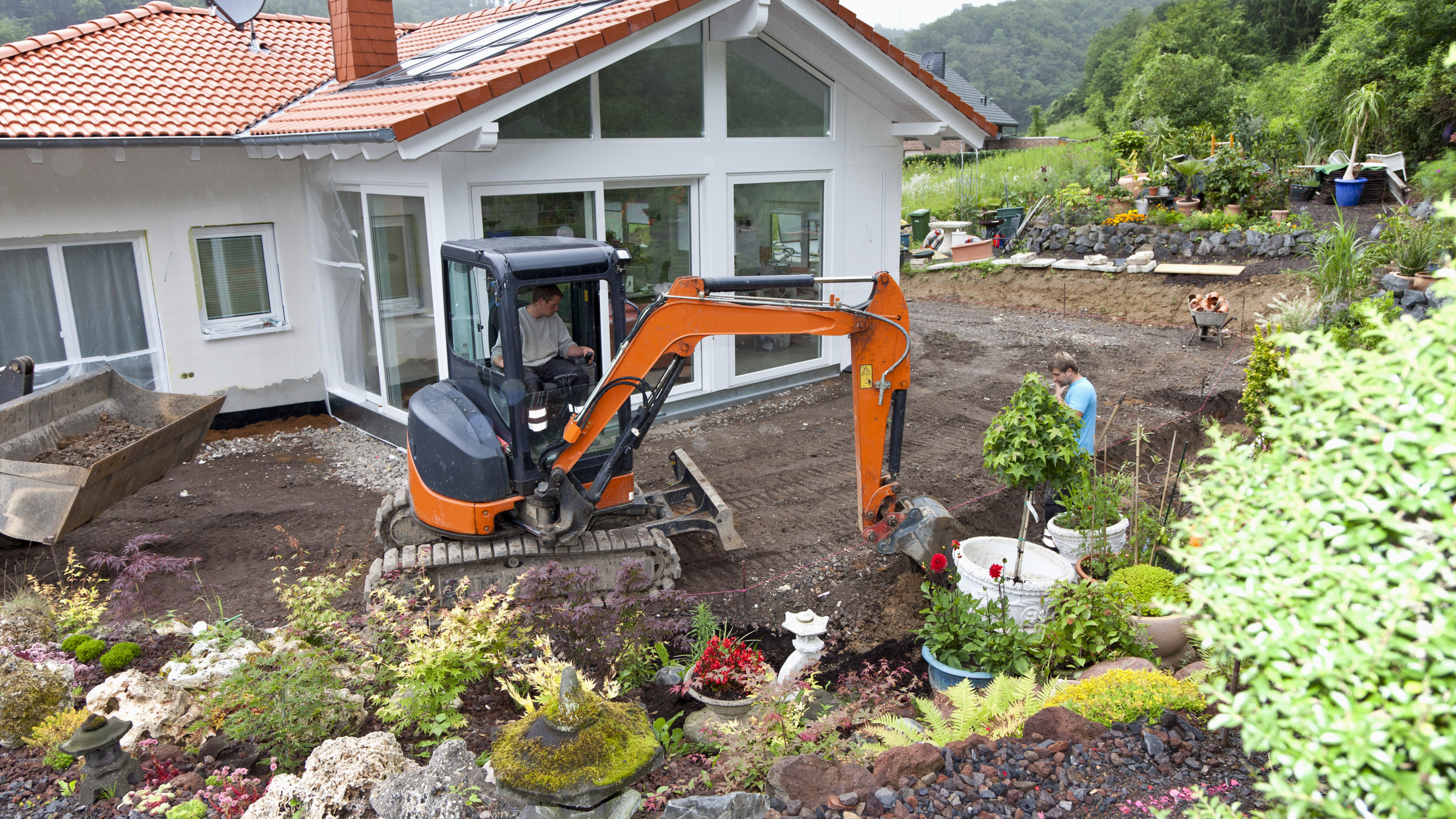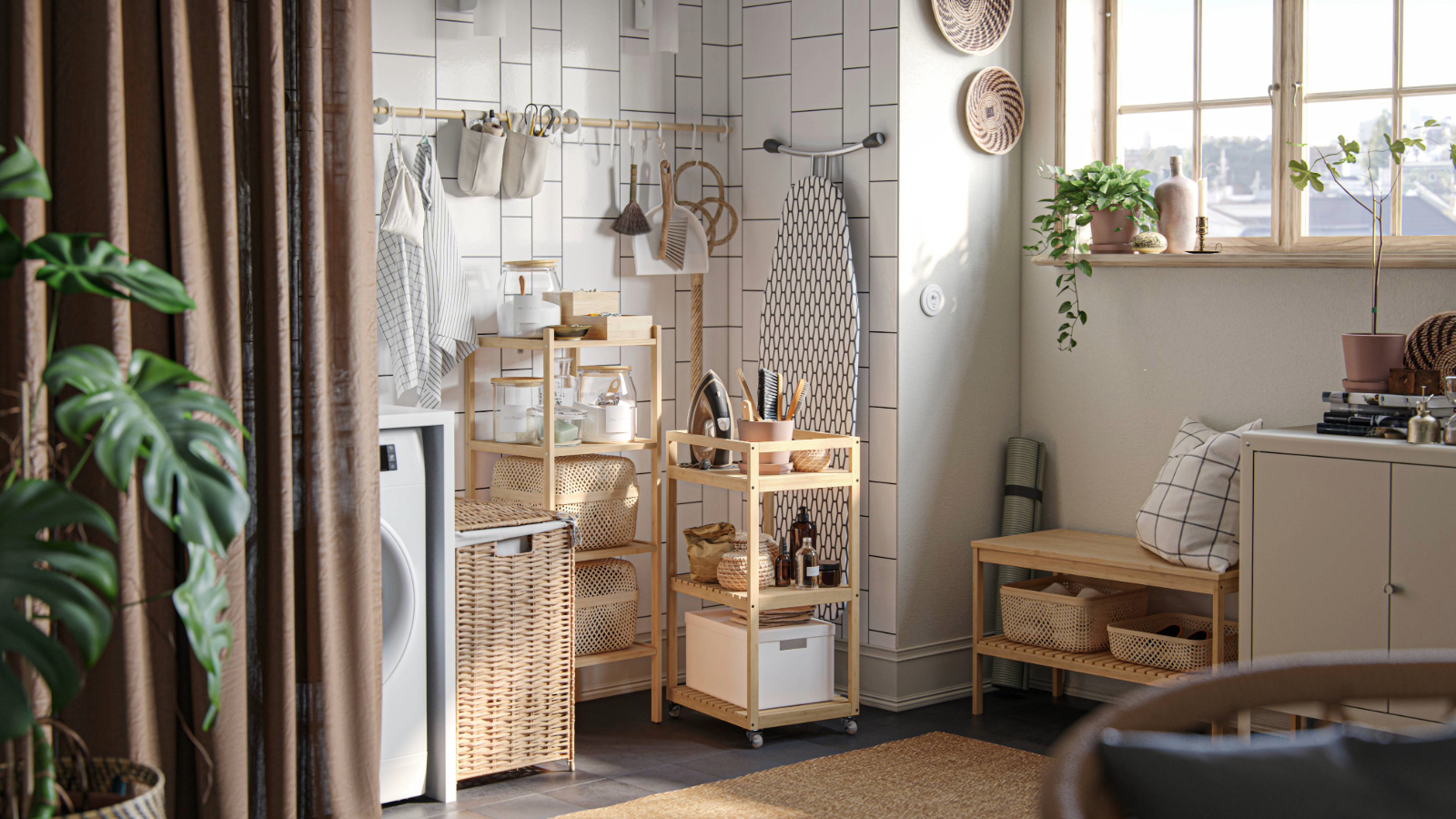Gas boiler ban scrapped as government says they 'will not force anyone to rip out a working boiler'
The ban that was set to be introduced in 2035 will now only apply to new properties

Bring your dream home to life with expert advice, how to guides and design inspiration. Sign up for our newsletter and get two free tickets to a Homebuilding & Renovating Show near you.
You are now subscribed
Your newsletter sign-up was successful
The UK government has confirmed it will not proceed with the previously suggested gas boiler ban set for 2035.
A spokesperson for the Department for Energy Security and Net Zero stated: “We will not force anyone to rip out a working boiler and are making heat pumps more affordable by providing £7,500 towards the cost through the Boiler Upgrade Scheme.”
This announcement signifies a major policy shift, moving away from mandatory bans toward incentivising greener heating solutions such as air source heat pumps, new insulation and solar panels.
Gas boiler ban scrapped for existing homes
The UK government has officially announced it will abandon plans for a gas boiler ban, previously suggested for 2035.
Instead, the focus will shift to voluntary adoption of low-carbon heating alternatives, supported by financial incentives and relaxed planning rules.
The gas boiler ban, along with the oil boiler ban, were originally delayed until 2035 after initially targeting 2025, has now been abandoned altogether. The policy was part of the government's Future Homes Standard and Warm Homes Plan, which are set to be introduced later in 2025.
Instead of enforcing a ban, the government is prioritising measures to encourage greener heating options. A spokesperson for the Department for Energy Security and Net Zero emphasised the new approach, stating: “We recognise there is still more to do to encourage consumers to switch to low-carbon alternatives such as heat pumps and have recently announced plans to remove planning constraints to make them easier to install."
Bring your dream home to life with expert advice, how to guides and design inspiration. Sign up for our newsletter and get two free tickets to a Homebuilding & Renovating Show near you.
What is the gas boiler ban?
The gas boiler ban is part of the government's plan to gradually phase out gas boilers and replace them with more environmentally-friendly gas boiler alternatives.
It will affect those looking to install new boilers existing homes, with gas boilers no longer being permitted. However, there won't be an outright ban on gas boilers, and the Warm Homes Plan confirmed that no one will be forced to remove them from their homes.
To help homeowners move away from natural gas, a Boiler Upgrade Scheme was also launched in April 2022, giving grants of up to £7,500 towards the cost of installing heat pump technology. This is to ensure sustainable heating alternatives cost the same to install as a gas boiler.

What gas boiler alternatives are there?
The government is focusing on the development of two key heating systems for the future of home heating in the UK; heat pumps and hydrogen boilers.
Heat pumps offer a climate-friendly heating solution as an alternative to natural gas boilers, however, they are, at present, an expensive technology to install comparatively, with the cost of installing an air source heat pump or ground source heat pumps can range between £6,000-£18,000.
The Boiler Upgrade Scheme will see new grants of £7,500 available to homeowners installing heat pumps. In some cases, such as with the installation of an air source heat pump, this could bring the cost of installation to a similar level as that of a new gas boiler.
While the Boiler Upgrade Scheme is only set to run until 31 March 2028, the Warm Homes Plan also outlines that the government will work with industry to bring down the cost of heat pumps, ensuring they cost the same to buy and run as gas boilers by 2030.
There are also biomass boilers, which homeowners can also get a £5,000 grant for under the Boiler Upgrade Scheme.
Other replacements for your gas boiler include:

FAQs
Will my energy bills go up?
The Warm Homes Plan has proposed shifting levies from electricity to gas in order to reduce the running costs of heat pumps. How this will operate is unclear, however, it does mean that energy price rises could continue.
Heat pumps are are three to four times more efficient than traditional boilers, according to the Energy Saving Trust, and a standard air source heat pump installed in an average-sized, four-bedroom detached house would be between £395 and £425 cheaper to run a year than an old “G-rated” gas boiler.
The government’s decision to move away from the planned gas boiler ban marks a change in its strategy for reducing household emissions.
Instead of pursuing mandatory measures, the focus will shift to incentivising the adoption of low-carbon heating alternatives through schemes like the Boiler Upgrade Scheme and updates to planning regulations.
Further details on the government's revised approach will be outlined as part of the Future Homes Standard and Warm Homes Plan, set to be introduced later in 2025.

News Editor Joseph has previously written for Today’s Media and Chambers & Partners, focusing on news for conveyancers and industry professionals. Joseph has just started his own self build project, building his own home on his family’s farm with planning permission for a timber frame, three-bedroom house in a one-acre field. The foundation work has already begun and he hopes to have the home built in the next year. Prior to this he renovated his family's home as well as doing several DIY projects, including installing a shower, building sheds, and livestock fences and shelters for the farm’s animals. Outside of homebuilding, Joseph loves rugby and has written for Rugby World, the world’s largest rugby magazine.
